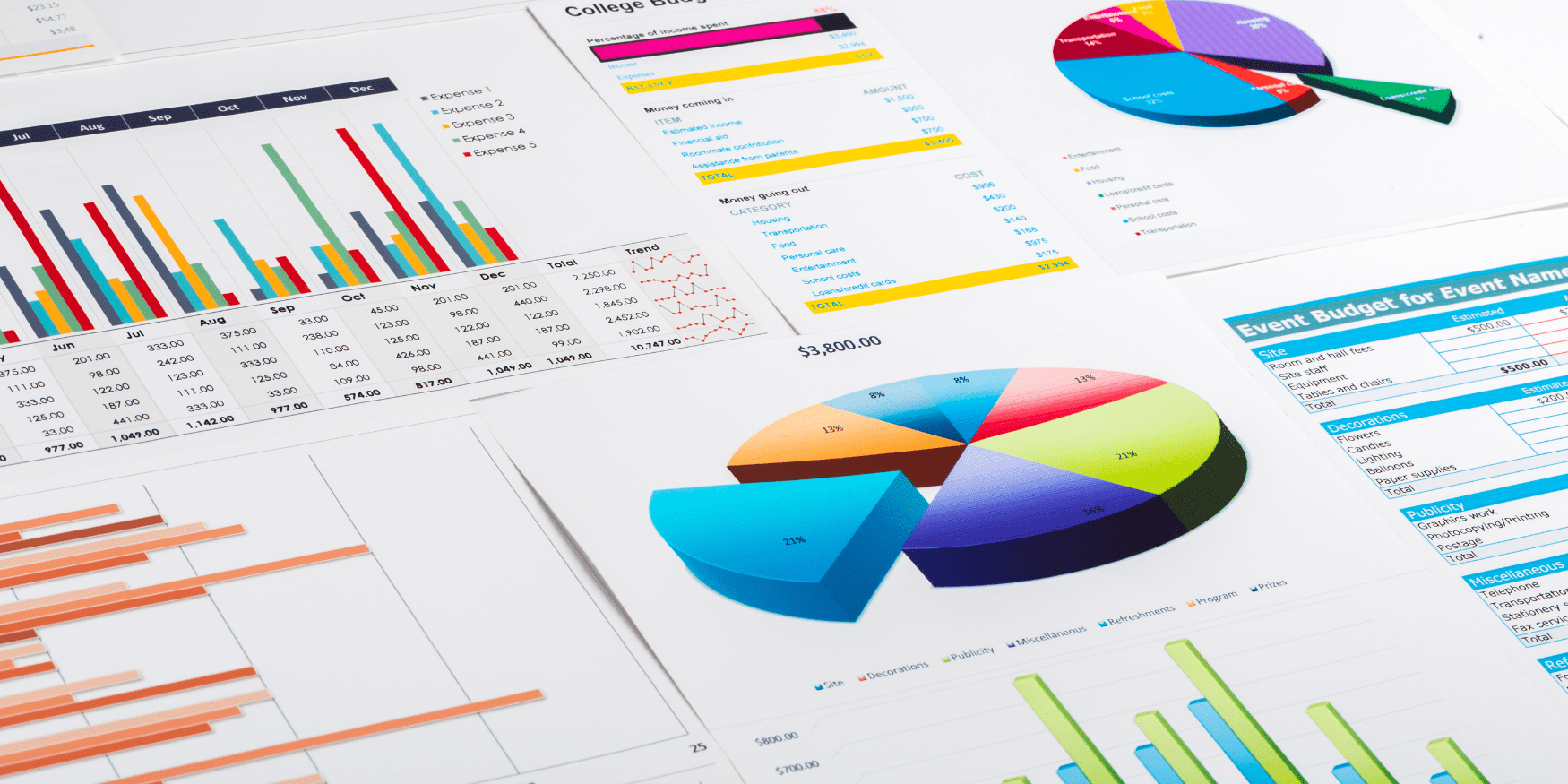
We are in the golden age of data, where it is revolutionizing the way businesses interact with their customers. If a business is not using data in some way to better target their core customers down to individual preferences they face stiff competition that is segmenting audiences through data analytics. According to a survey of U.S. B2B professionals from Harvard Business Review Analytics Services, 60 percent of respondents are investing in data and data analytics to help achieve their go-to-market goals. The more you understand your audience, the better able to serve them you are.
For a small business owner, investments in tools can make or break your company. If serious about using data to improve decision-making, consider how analyzing data can actually help eliminate costs from marketing spend. Using real customer insights can help get rid of costly guesswork. Instead of pouring money into marketing campaigns without insight as to results and reach, implementing a data-driven approach to marketing will ensure money is put into areas that are proven to drive business. Some customers prefer email, while others only interact on Facebook – leverage data to understand what channels your customers prefer to use.
Not only can interpreting data help identify the right campaigns to be used across different channels but it can be used to identify the right customer as well. You can break down the data you have on individual customers in order to get a clearer picture of your audience make-up. Each customer is unique and utilizing data to identify their specific likes and dislikes to reverse market campaigns back to their unique preferences will only improve your efforts to connect and engage with them.
While many of the larger players have access to tools to help interpret and analyze data, for small business owners that is precisely where the challenge lies. Capturing data is often easier than analyzing and interpreting said data. For small business owners, it’s important to ask the right questions once the data comes in. Without big data analytics teams of consultants who inherently know the right questions to ask, small business owners should think about the following; am I tracking the right metrics and am I putting these results into a business context and converting them into action items? Understanding precisely what you are hoping to achieve with your data is essential to success.
Aside from helping better understand the customer, data, specifically cloud-based data can also be leveraged within a small business to help minimize time-consuming admin tasks. Imagine a world where data can be used to manage customer queries or complaints – this would free up time to focus on strategy and long-term goals for growth. In addition to fielding feedback from customers, data can be used to deliver crucial performance insights on individual employees.
Whatever the reason, customer retention or operational cost cutting, data is worth the investment. Data in business is not for the future but for the here and now. Businesses not making the investment will be left behind.
